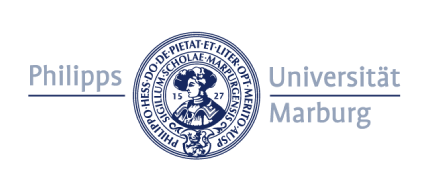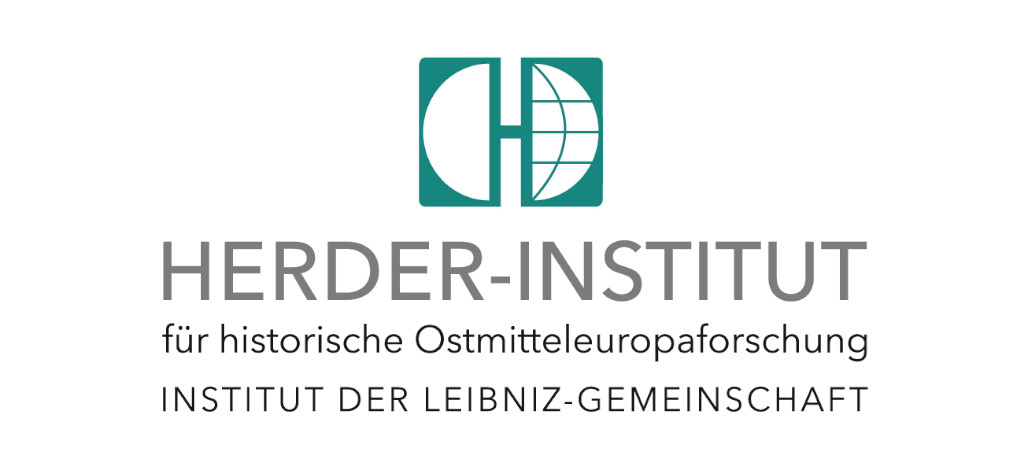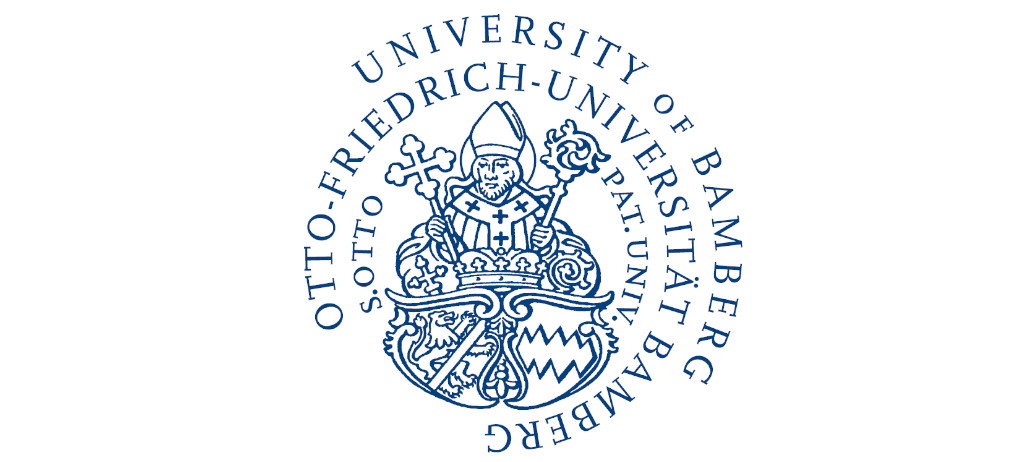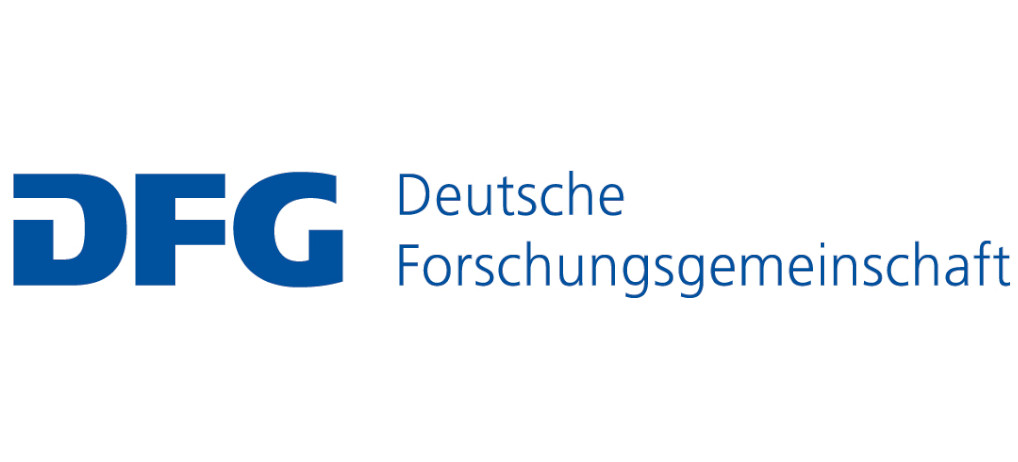Main Content
Subprojects
The subprojects of the Collaborative Research Center are divided into three thematic project areas: Law, Violence and Knowledge.
Within these project areas, each subproject pursues its own research interests and goals. The transdisciplinary exchange across subprojects takes place through the work in the concept groups, in which research findings from the individual subprojects are brought into resonance with one another. The resulting synergies enable researchers to look beyond the boundaries of their own field.
Project Area A: Law
The subprojects of project area A explore how the repertoire of legal regulations and administrative routines is used to deal with security problems on the basis of diverging heuristics and definitions of security. Central reference points in all subprojects are the state or state-building processes, to which law as a specific repertoire of institutionalized norms endowed with sanctioning power has been closely related since the early modern period. The focus of the empirical research of this project area is on the investigation of the resilience of legal regulations in security issues and the associated ambivalences, with special attention to borderline situations. The period of investigation extends from the early modern period to the 20th century.
- A01: Holding hostage
- A03: Dynastic marriage
- A04: Collective security
- A06: Minorities and majorities in East Central Europe
Project Area B: Violence
The three subprojects located in project area B each have an explicit reference to phenomena of collective physical violence as a threat to public security. The different subprojects are united by the premise that the securitization of violence serves as a basis for legitimizing political action. Their focus is therefore on forms of violence prevention or violence control. In a historicizing perspective, the subprojects ask in their research which heuristics and definitions of security focused on violence and led to the application of repertoires of violence control. A special focus lies on the elaboration of ambivalences of the different repertoires.
- B01: Public Peace
- B02: Architectural and image media security concepts
- B05: International trusteeship administrations
Project Area C: Knowledge
The project area Knowledge unites all those subprojects that dedicate their research to knowledge and knowledge orders in the context of securitization and de-securitization processes. The central research interest in this project area is the connection between heuristics that mark situations as security-relevant and the resulting repertoires with the help of which security-related knowledge is produced. "Knowledge" thus forms a perspective suitable for describing both the change and the continuation of security conceptions and practices. This is made clear by the paradox associated with knowledge, namely that the stabilization of knowledge routines can increase security while at the same time hindering the perception of potential threats. The function of this comprehensive project area is to describe and analyze the dynamics of "expanded security" - understood as a historical process of the progressive penetration of societal domains by security agendas.



